▻ Karen MacNeil
Elin McCoy in conversation with Karen MacNeil
Episode Summary:-
Karen MacNeil, writer, educator, TV host and winner of every major wine award, the woman TIME magazine called “America’s missionary of the vine” talks to Elin McCoy about her life and views on wine on the eve of publishing the third edition of her best-selling book The Wine Bible. Karen tells how she grew up in an Irish Catholic household where there was no wine, no music, no books, and certainly no ambition. At the age of 15, she left home and every night when she did her school homework, she drank a glass of wine, inspired by reading books where the characters seemed to have wonderful lives sipping sherry or champagne. Her first wines were Bulgarian red for 89 cents and then one-dollar Liebfraumilch. She headed to New York, took three jobs and decided to write late at night. After 324 rejection slips (which she tacked to her wall), her article on Hudson Valley butter was accepted by the Village Voice, a weekly newspaper. With the fee she received, she headed to a bar and ordered a bottle of Pommery Champagne.
Karen’s first job in publishing was as associate editor for the True series, True Romance, True Secrets of magazines--while not read by the literary set in New York, they did sell 5 million copies. Early in her food writing career, she met established wine writer Alexis Bespaloff, who recognised her interest in wine and invited her to join a tasting group that included US wine luminaries Frank Prial and Howard Goldberg, but on one condition: She must not talk. “I had a thousand questions but those questions became the basis of “The Wine Bible,”she tells Elin. While she admits that most women these days would be horrified by this condition, she says, “I loved tasting with those guys. I tasted many great wines. One of the ones that completely opened my eyes was a Guigal Brune et Blonde, it never occurred to me that a wine could be so outrageously delicious, so spicey.”
Elin asks about her decision to leave New York and settle in the Napa Valley. Karen explains how she was at a major black-tie event, all dressed up and with her notebook to take tasting notes, when she questioned her right to make a judgement on the wine. She decided to head west and live in the wine country, where through osmosis and being connected to nature, she believed she would become a better writer. Initially, the valley winemakers were wary of her, “a fox in a hen house,” and it took time to become part of the small community, but she explains “it meant understanding wine in a much more emotional way than just dressing up, putting on stockings and heading to a ballroom to taste and take notes.” She reveals that she didn’t have any mentors, when asked of what she is most proud of, she replies setting up the Culinary Institute of America’s wine programme and launching her own business which has mentored many young women, now 40 years’ old.
““Alex persuaded Frank Prial and Howard Goldberg to let me taste with them; they agreed on one condition, I didn’t talk!””
Elin asks about the differences between the first and third editions of her best-selling book. Karen discusses how it is harder and harder to be a generalist, as the wine world has become so large. She and her team tasted 68,000 wines to help compile “The Wine Bible,” some samples, some wines bought. She had nine researchers, WSET students, to help her research and one tasting coordinator. The hardest place to research was next door – Canada, as they are not allowed to send samples to the US. What were her biggest surprises? Karen reveals that just before the pandemic hit, she visited the south of England to taste the sparkling wines. “Those sparkling wines I felt I had a mouth of limestone. I love them, they were racy, fresh, and the people so humble and excited.” The other surprise was her visit to Ao Yun, the LVMH vineyard in China, which impressed her greatly. A new section of her book that she is particularly proud of is “Wine in the Ancient World,” which was difficult to research.
The section on what makes a great wine intrigues Elin. Karen describes how she has several criteria, but two which are very important to her are precision and “a sense of corruption,” by which she means that it must be beyond ripe, squeaky-clean fruit. Great wine must also provoke emotion and Karen believes that aroma relates to the brain in a very primeval way: “Smell is very close to emotion because we associate it with people we have loved or our survival depends upon.”
When Karen started working as a wine writer there were very few women fulfilling that role. Elin asks what advice she would give young women starting out in the wine world today. She says, “Work twice as hard as anybody around you, man or woman, … get advice about money, and don’t drink with the boys, stay a little formal.” The role of women in the wine world is still far from equal, Karen reveals with some startling statistics: 60% of students enrolling in viticulture and oenology school are women, yet only 11% of California winemakers are women. 40% of male graduates from UC Davis go on to found their own winery versus 4% of women. Winemaking doesn’t appeal to Karen, as she enjoys being global, but she tells Elin that her late ex-husband was a wine producer and it gave her a first-hand insight and respect for what wine producers go through every year.
If she didn’t live in Napa she would choose the Wilamette Valley in Oregon, which she enjoys for its naturalness and lack of artifice. On an intellectual level, she’d choose Champagne. “I drink a glass of Champagne every single night of my life, I have for 20 years, it’s my only weakness in a way.” On matching food and wine, she believes it is more important to match mood to food than being prescriptive. Her ideal dining companions? Barak Obama, so she can ask him about his rise from obscurity to President, and Hilary Clinton, to find out how she deals with disappointment. She concludes by describing herself as an introvert and a perfectionist who loves and is fascinated by the wine world, and is happiest when she is working within it.
Running Order:-
-
0.00 – 22.30
“I had 324 rejection slips I thumb-tacked to the wall.”
– Growing up in a household without wine, music and books.
– Leaving home at 15 and heading to New York.
– Early years in New York and first jobs.
– How Karen came to join a tasting group with Alex Bespaloff, Frank Prial and Howard Goldberg.
– Why Karen left New York to live in the Napa Valley.
– Setting up the Culinary Institute of America wine programme and her own business. -
22.31 – 37.54
“The hardest place to research – Canada”
– How the first edition of “The Wine Bible” took 10 years to write.
– The differences between the first and third edition.
– Researching the third edition and tasting 68,000 wines.
– The two big surprises, South of England sparkling wine and Ao Yun in China. -
37.55 – 01.05
“Don’t drink with the boys, stay a little formal.”
– What makes a great wine.
– Why wine can more us emotionally.
– Advice to young women joining the wine trade.
– Statistics on women winemakers.
– Where Karen would live if not in the Napa Valley.
– The two people Karen would like to dine with and why.
RELATED POSTS
Keep up with our adventures in wine
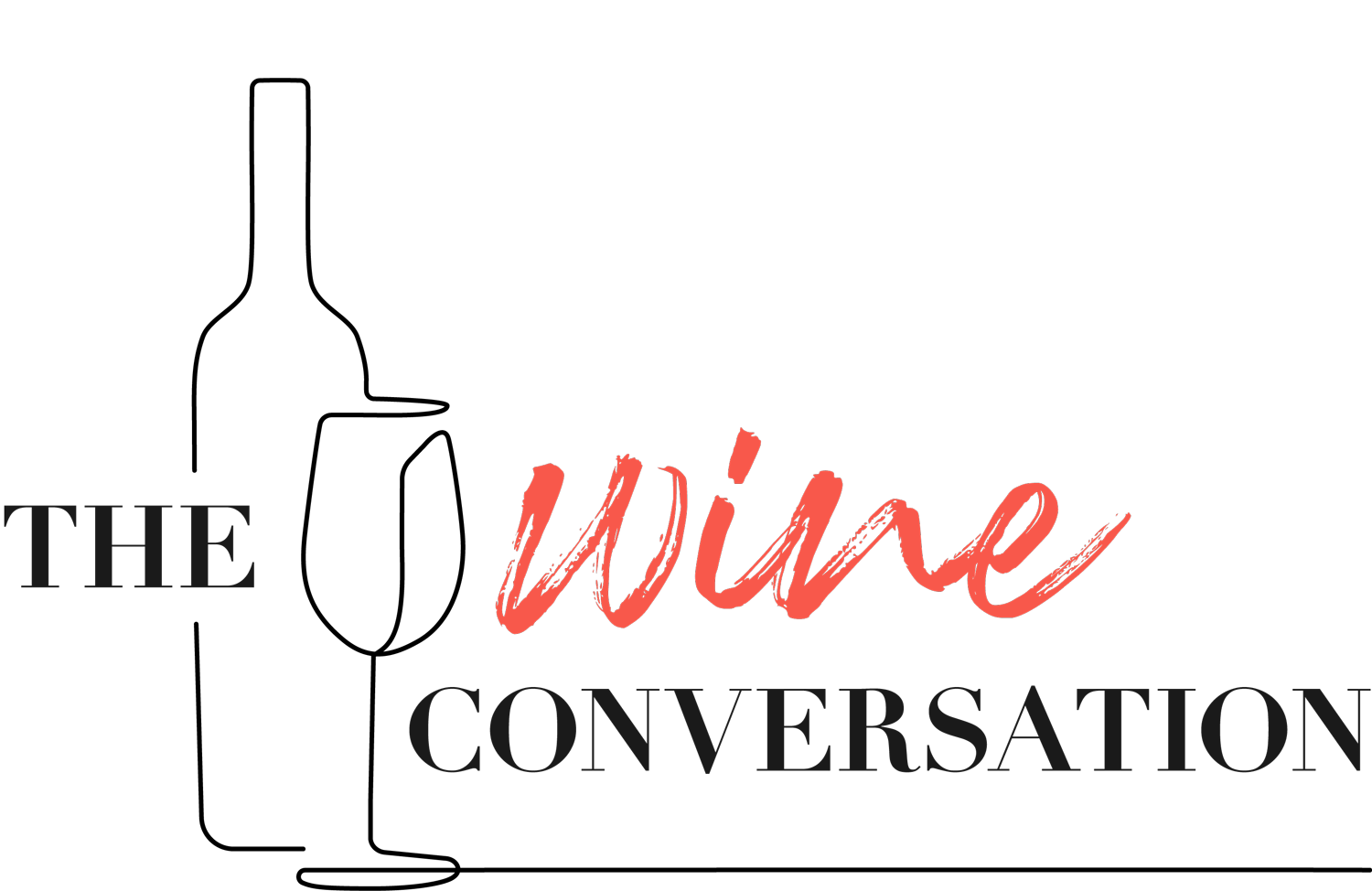
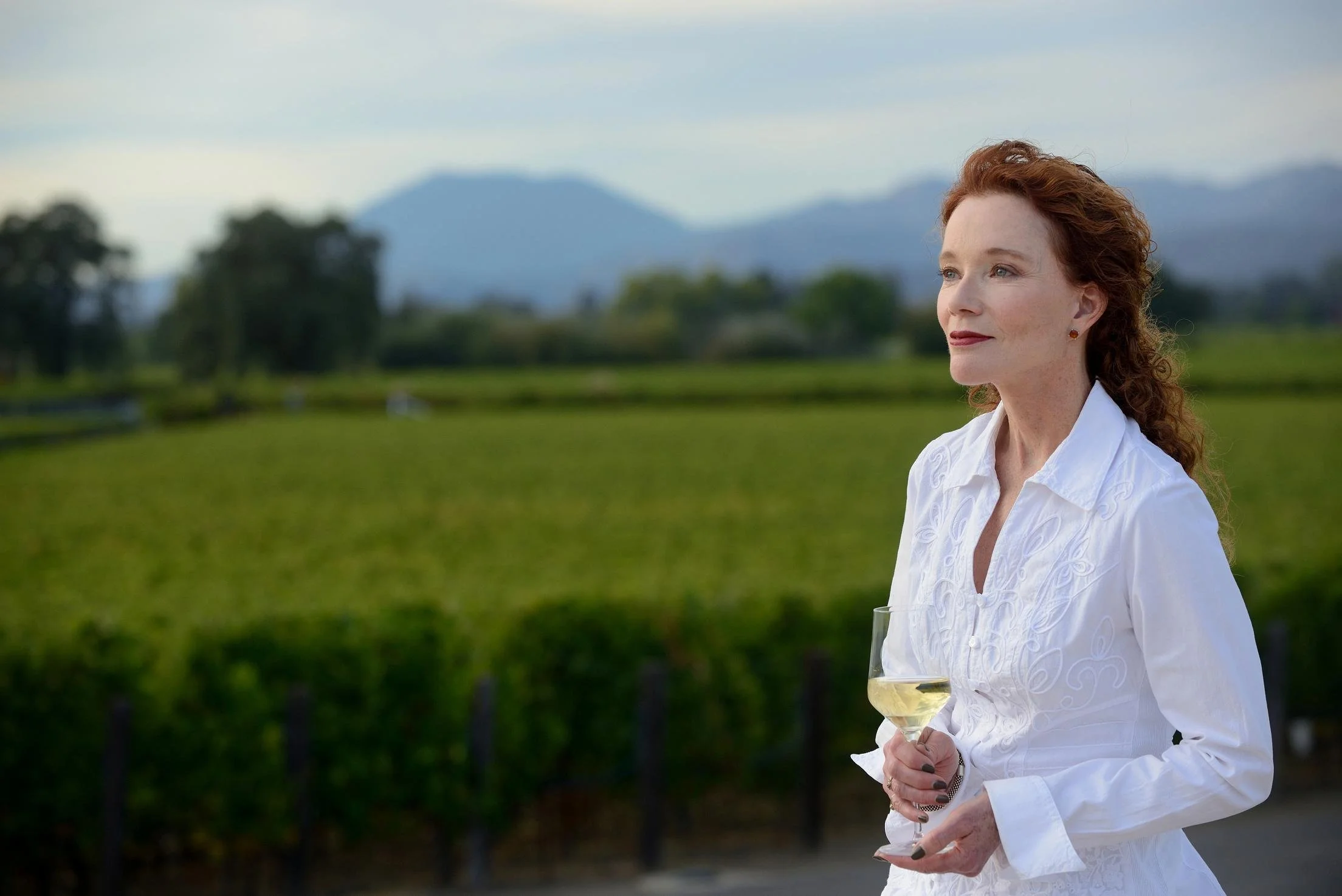



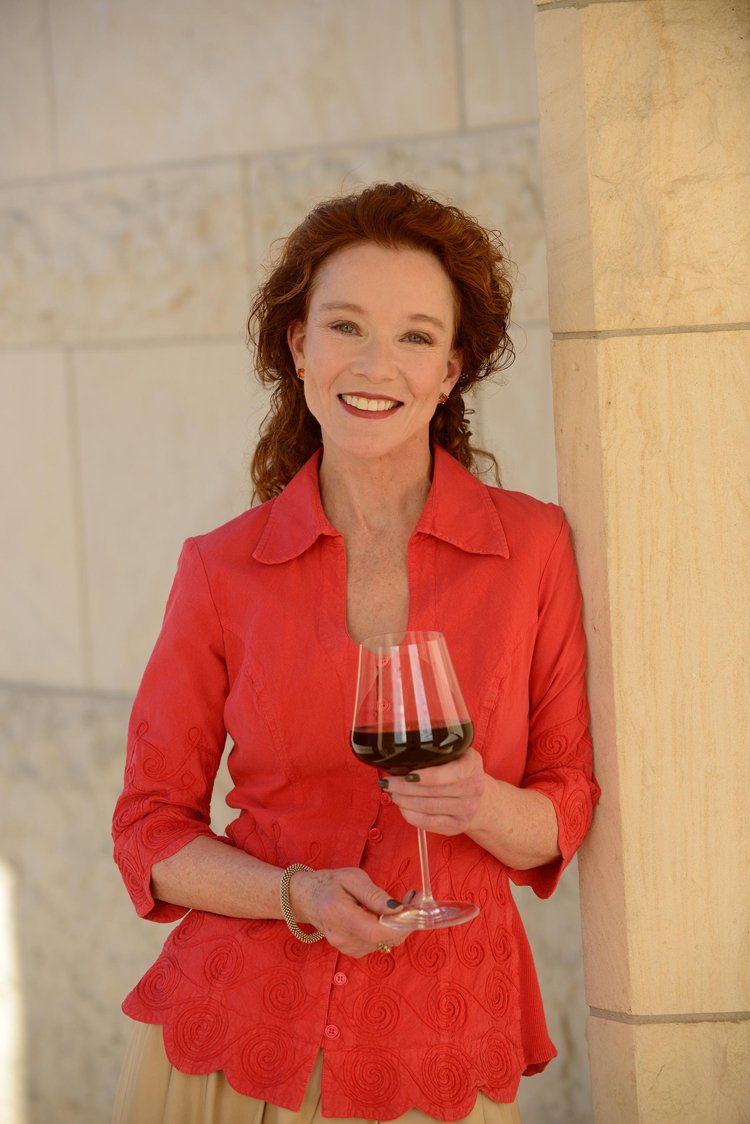
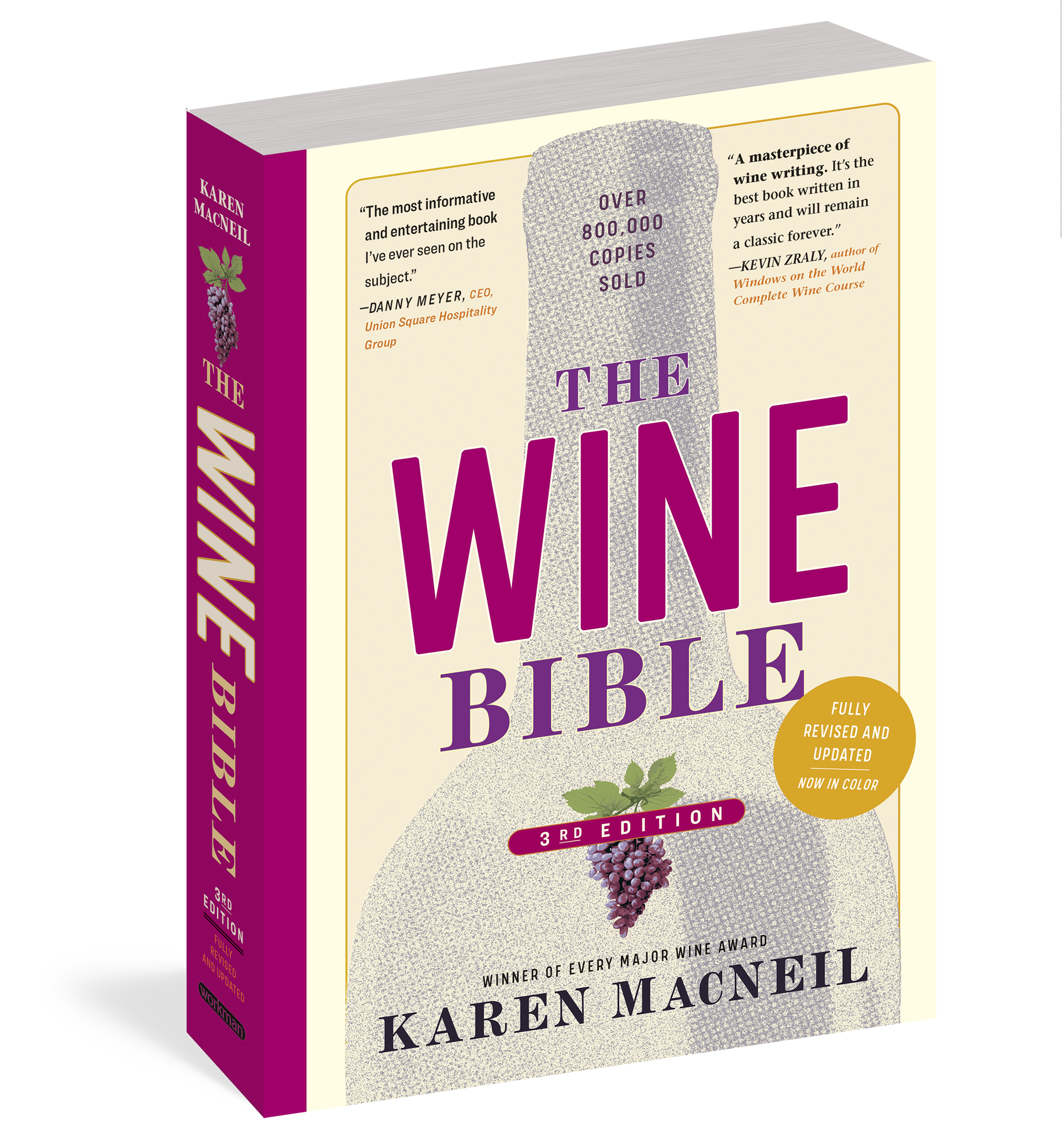
It has been a vintage year for wine books says Brian St Pierre. Check out our Wine Books of the Year for an assessment of this bounty.